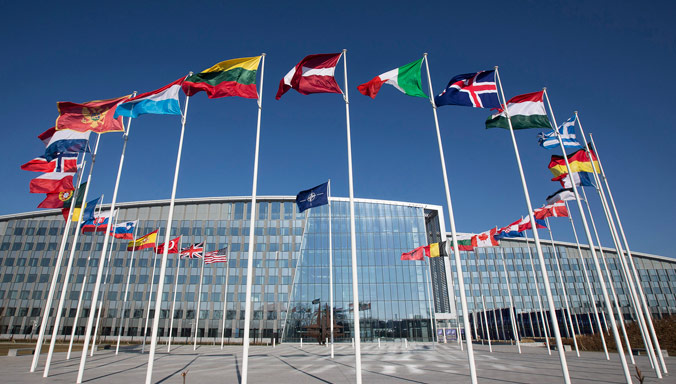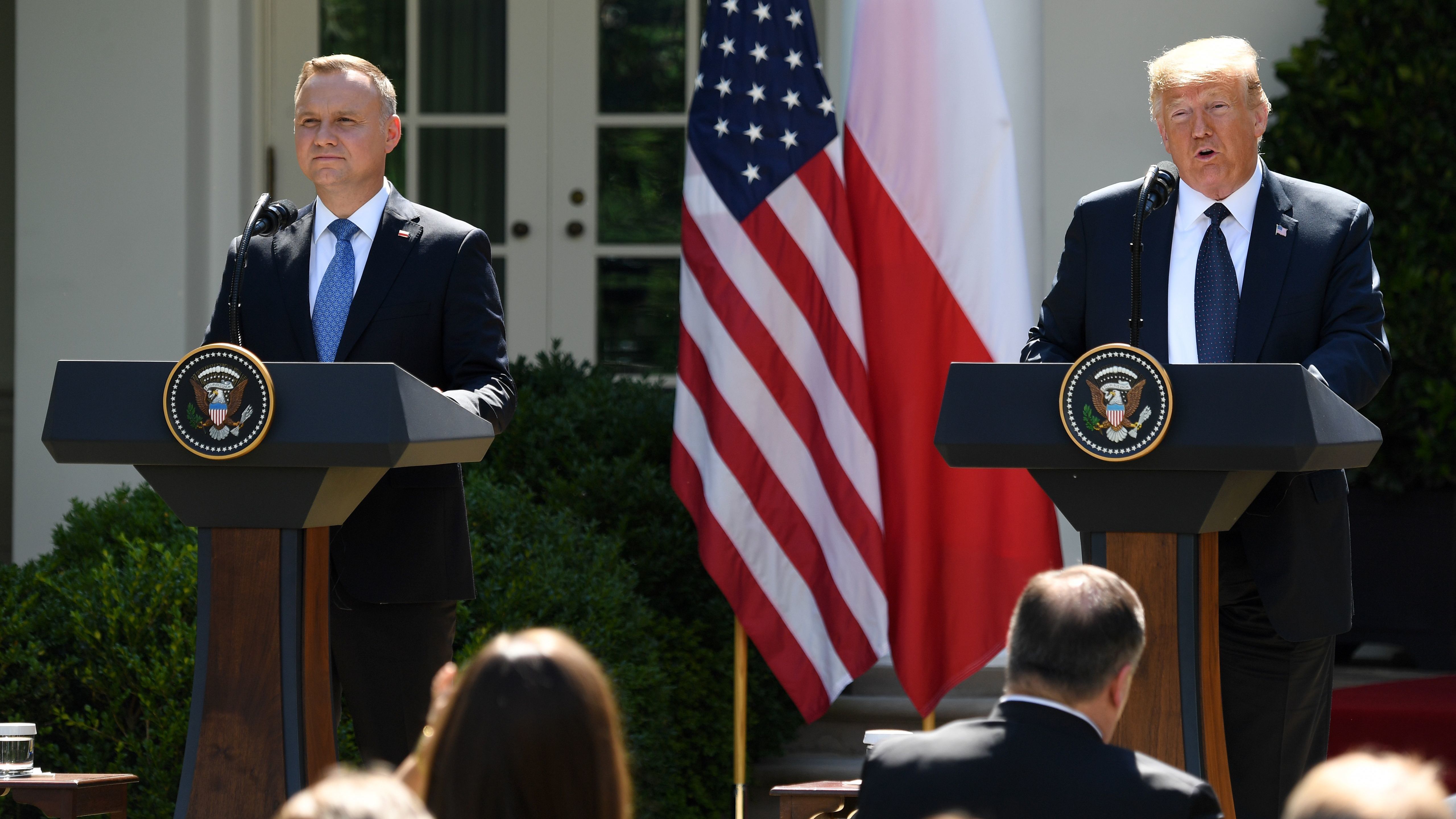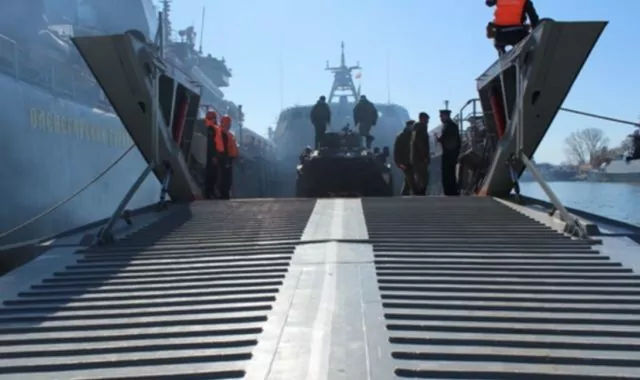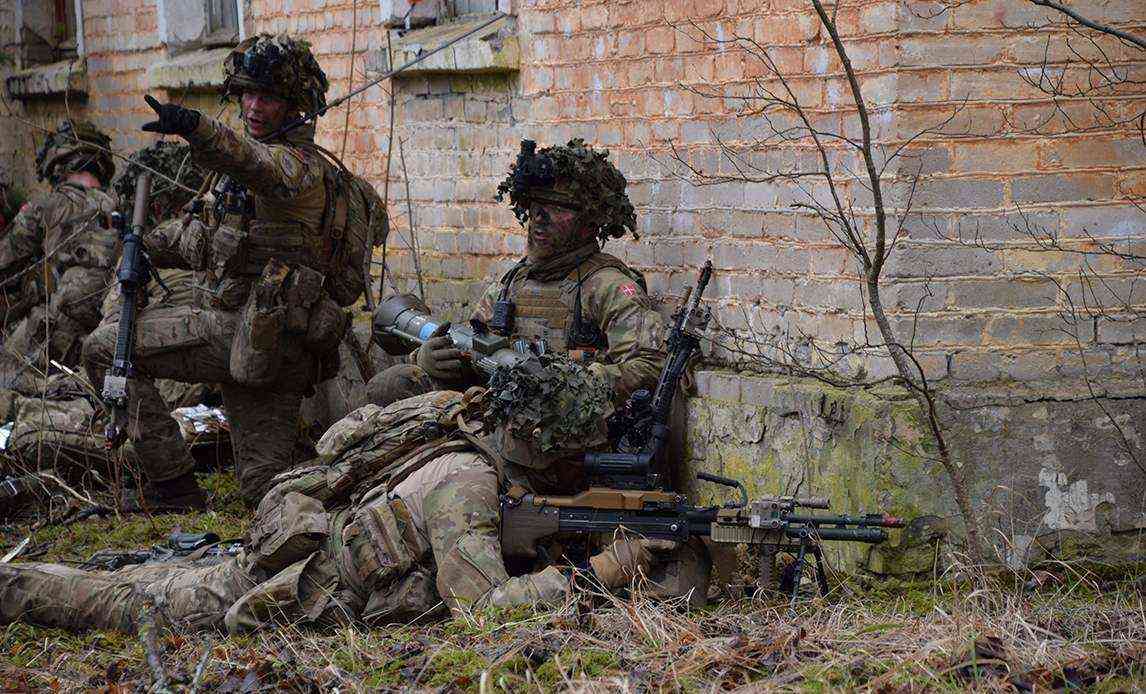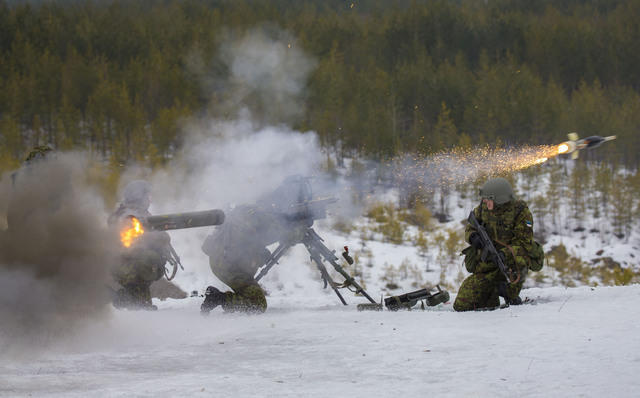A Contrarian View of Joe Biden and NATO
In the world of analysis, contrarian viewpoints are equally disliked and necessary. They help shape a more robust understanding of the situation at hand and can prepare countries for the otherwise unexpected. As much of Europe celebrates Joe Biden taking the helm in the United States after the much despised Trump administration, it is worthwhile to take a step back and question whether or not that enthusiasm is really merited. As such, this paper puts forth an unabashedly contrarian viewpoint for the sake of an enriched understanding of the world as it may be going forward, lest the Baltics be caught off guard in the broader optimism of their European counterparts.



